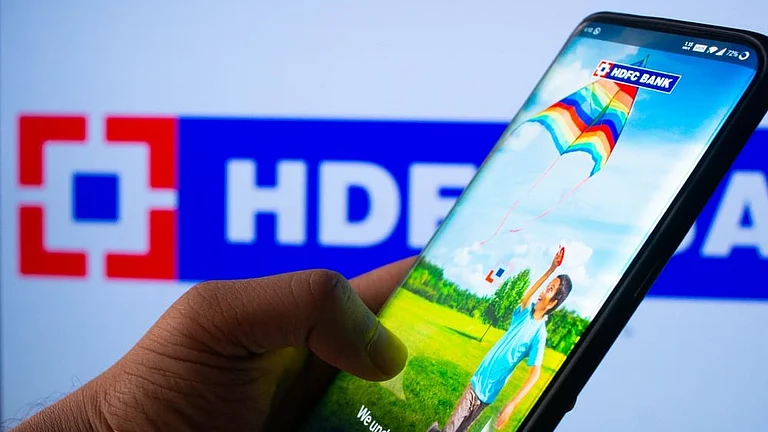Byju Raveendran, the founder of ed-tech start-up Byju’s which defaulted on its US debts, denied the charges of siphoning $533mn away from his lenders. In a court hearing, Raveendran gave an account of how the money in question was spent, as reported by Bloomberg.
Out of the $1.2bn loan taken nearly three years ago for international expansion, more than $200mn was spent on marketing, including sponsoring soccer’s FIFA World Cup in Qatar in 2022 and securing football player Lionel Messi as brand ambassador, claimed Raveendran in a filing in US Bankruptcy Court in Wilmington, Delaware. He also said that almost $300mn was spent to fund losses for Tangible Play businesses.
"Just as we were poised to see the returns on these strategic investments, we were hit by a liquidity crunch,” he said as quoted in the Bloomberg report.
The amount, that was alleged to be transferred offshore to entities linked to Raveendran, was used for a “legitimate commercial purpose,” he mentioned in his filing.
Mounting Troubles for Byju's
Lenders represented by their agent, Glas Trust Company, argued that Byju’s, Raveendran’s brother Riju Ravindran and a Miami-based hedge fund that once was in-charge of the company’s cash must be held responsible for the transfer of the money. US Bankruptcy Judge John Dorsey told lawyers, as cited in the report, that he might rule against the hedge fund.
Appearing to reject the plea of the lawyers for Byju’s, Ravindran and the hedge fund for withholding any ruling as their clients couldn’t collect information required for defending themselves, Dorsey said that he is planning to issue a written ruling.
Lenders disputed Byju’s founder claims, alleging that the company manipulated its accounts. Raveendran and his brother were “engaged in a game of charades” to conceal where the money went, Glas attorney Ravi Subramanian Shankar said in the court, as mentioned in the report.
The lenders attorney alleged that Byju’s first sent the $533mn to a small hedge fund in Miami that had less than $10 million in assets under management at the time. The hedge fund then sent the money to OCI—a UK-incorporated logistics firm with which Byju’s entered into a agreement for international expansion—in exchange for unsecured promissory notes, he said.
The two sides have been fighting in state and federal courts for more than a year about what happened to the money. The lawsuit involves Byju's Alpha, a shell company created to tap US capital markets. After Byju's defaulted, lenders seized control of Byju's Alpha, put it under court protection and sued to recover $533mn.































